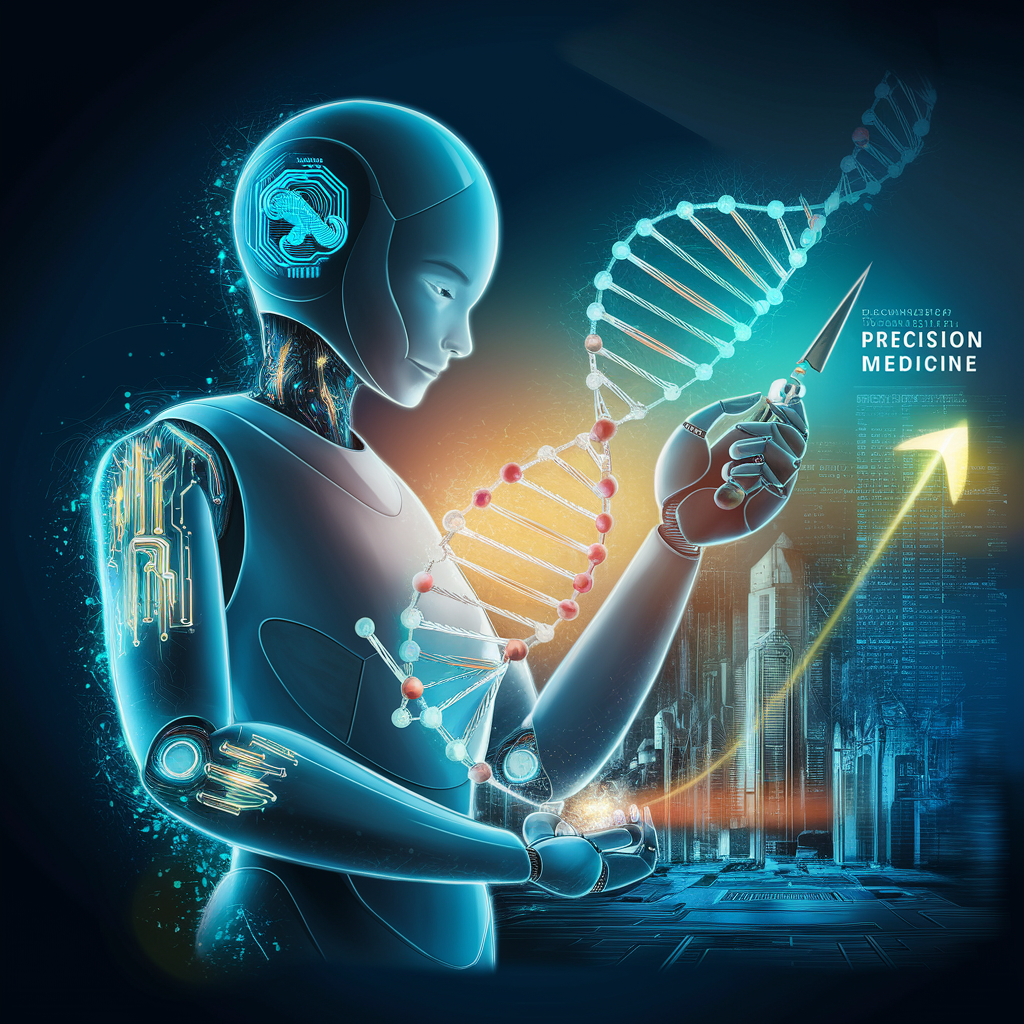
The Role of AI in Genome Editing
Artificial Intelligence significantly enhances genome editing by deciphering complex genetic data and predicting outcomes. AI models are integrated into healthcare systems to guide gene editing strategies, design precise guide RNAs, select optimal delivery methods, and monitor patient outcomes.
AI-Enhanced gRNA Design for CRISPR/Cas Genome Editing
Various ML and DL models optimize gRNA selection, predicting efficacy with techniques like Support Vector Machines (SVM) and Gradient-Boosted Trees (GBT). Advanced tools like TIGER CNN and CRISPRon enhance gRNA design for specific Cas9 variants, while models like piCRISPR improve off-target site identification and reduce unintended cleavage. Tools like SkipGuide facilitate CRISPR/Cas9-based exon skipping therapies, emphasizing the importance of precise gRNA selection.
AI, CRISPR, and Precision Medicine
CRISPR-Cas9 enables precise genome editing for disease prevention and treatment. AI analyzes genomic data to tailor treatments based on individual genetic and molecular profiles, promising more effective, targeted interventions by correcting disease mutations and developing novel diagnostic tests and therapies.
Conclusion
AI enhances the precision and efficiency of CRISPR-Cas technologies, offering promising advancements in healthcare. Despite progress, challenges like cost, delivery methods, and clinical safety remain.
Spotlight on a Practical AI Solution:
Consider the AI Sales Bot from itinai.com/aisalesbot designed to automate customer engagement 24/7 and manage interactions across all customer journey stages.



























